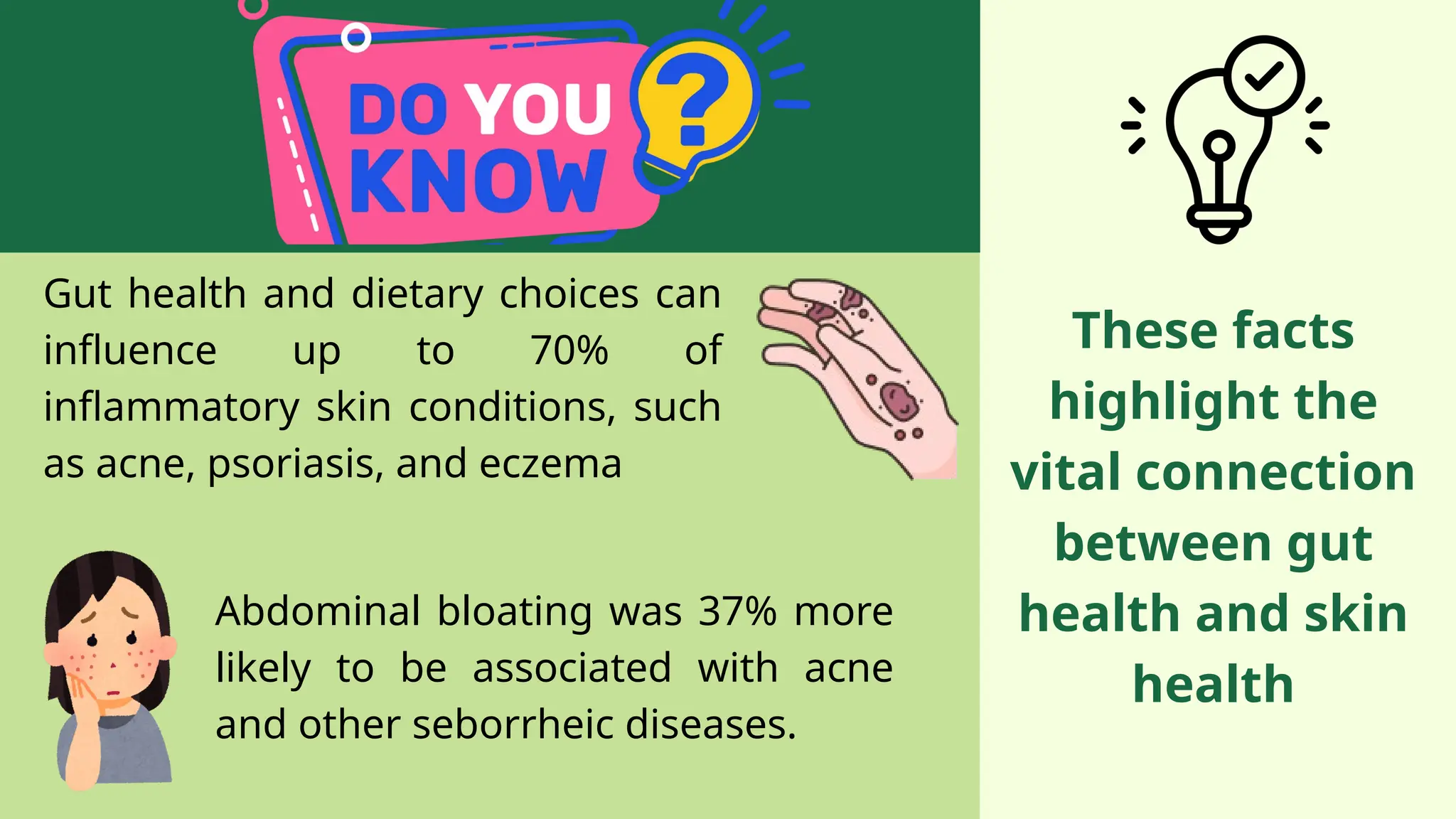Considering that smoking causes more than 7 million premature deaths worldwide every year, its adverse consequences on one’s health are already well-known. The CDC.gov states that smoking harms nearly every organ in the body, including the largest organ — the skin.
Although the effects of smoking on the skin are lesser-known than its effects on major organs like the heart and the lungs, it can still increase the risk of developing disease and endangering overall health. However, it must be noted that the damage is not irreversible, which means there are ways to restore skin health by adopting specific lifestyle changes.
Smoking’s effects on the skin
Unhealthy skin tone
The most noticeable effects of smoking on the skin involves its texture, tone, and overall appearance. Since smoking restricts the nutritional blood flow to the skin and deprives it of oxygen and nutrients, the skin ends up looking dry and coarse. Some smokers also appear unhealthy with pale, grayish, or yellowish tones, while others experience uneven skin pigmentation. For people who have been smoking cigarettes for a long time, exposure to tar can lead to noticeably stained fingers, nails, and hands.
Premature aging
Another way that smoking can negatively affect the skin is through the mechanism of collagen production. Collagen is a building block of the skin, hair, and nails. It is essential in supporting cell and tissue repair, which gives the skin strength and firmness.
While collagen production naturally slows down with age, the toxins in cigarette smoke can contribute to the damage and depletion of collagen. Researchers from the Nagoya City University Medical School found that smoking can cause a drop in the production of fresh collagen by up to 40%. With collagen loss, the skin rapidly and prematurely ages through fine lines, sagging, and wrinkles around the eyes, mouth, and lips.
Increased risk for skin disorders and infection
Beyond skin appearance and signs of aging, smoking can also heighten the risk for a number of skin disorders. If the individual is already diagnosed with the condition, smoking can increase symptoms’ frequency and severity. These disorders include psoriasis, eczema, contact dermatitis, and skin cancer.
Meanwhile, wounds can also reopen or heal much slower as smoking impairs blood vessels’ ability to circulate blood and promote clotting. In a study published in the International Wound Journal, smokers who underwent surgery were found to be more susceptible to wound complications and post-surgical site infection than previous smokers who already quit or those who were nonsmokers. This explains why smokers are typically advised to quit smoking at least four weeks before surgery in order to avoid postoperative wound healing problems.
Ways to restore skin health
Nicotine pouches
Since inhaling and exposure to smoke damage the skin, quitting smoking is the best and most straightforward way to restore skin health. However, smoking cessation can be particularly difficult due to associated nicotine cravings and withdrawal symptoms. In this case, nicotine replacement therapy (NRT) is a more viable alternative than simply swapping out cigarettes for e-cigarettes, as the latter can still deplete the oxygen supply to the skin and thus cause damage.
Among the range of NRT products that can supply nicotine into the bloodstream are over-the-counter nicotine pouches. The ZYN nicotine pouch brand on Prilla is known for its tobacco-free properties, meaning it will neither cause tar stains nor expose the skin to harmful tobacco smoke. Since they can be used discreetly to curb nicotine cravings anytime and anywhere, these pouches are popular all over the world.
Nicotine pouches are usually used in complement with transdermal nicotine patches like Nicoderm or Habitrol for combined NRT. However, those with preexisting skin conditions should be careful, as skin irritation is one of the side effects of using patches.
Skincare products
Smokers can prevent skin damage from worsening when smoking cessation is combined with the right skincare. A previous article about ‘Skincare Products for Women’ mentioned that a good skin care regimen comprises a cleanser, toner, moisturizer, and sunscreen. These products help smokers ensure that their skin is healthy, properly hydrated, and protected from harmful chemicals.
However, smokers can improve their skin revitalization efforts by looking into vitamin C serums. Since vitamin C helps promote collagen production and prevent damage to existing collagen, Klairs Freshly Juiced Vitamin Drop Serum can help brighten the skin, balance uneven complexion, and fade age spots. Since the product has a non-irritating and gentle formula, individuals of all skin types can use this to improve skin strength and elasticity.
Ultimately, the skin damage caused by smoking cannot be wholly reversed. But by quitting smoking, switching to NRTs, or knowing which skincare products to use, smokers can prevent the harm from worsening their skin quality and overall health.







 Navigating Acne Treatments and Product Compatibility for Sensitive, Reactive Skin Types
Navigating Acne Treatments and Product Compatibility for Sensitive, Reactive Skin Types  Adapting Fitness and Nutrition for Long-Term Healthspan in Peri-Menopause and Menopause
Adapting Fitness and Nutrition for Long-Term Healthspan in Peri-Menopause and Menopause  The Intersection of Skin Health and Metabolic Wellness: It’s More Than Skin Deep
The Intersection of Skin Health and Metabolic Wellness: It’s More Than Skin Deep  Adapting Strength Training for Individuals with Autoimmune Conditions and Chronic Fatigue
Adapting Strength Training for Individuals with Autoimmune Conditions and Chronic Fatigue  Gentle Fitness for Long COVID Recovery and Energy Management: A Compassionate Guide
Gentle Fitness for Long COVID Recovery and Energy Management: A Compassionate Guide  The Future of Teledentistry: Remote Monitoring, Consultations, and a New Era of Preventive Care
The Future of Teledentistry: Remote Monitoring, Consultations, and a New Era of Preventive Care  Comprehensive Dental Wellness Strategies for Peri-Menopausal and Menopausal Women
Comprehensive Dental Wellness Strategies for Peri-Menopausal and Menopausal Women  The Intersection of Gut Health, Probiotics, and Acne Management: A Clearer Path to Skin Wellness
The Intersection of Gut Health, Probiotics, and Acne Management: A Clearer Path to Skin Wellness  Acne-Safe Makeup: How to Look Flawless Without Clogging Your Pores
Acne-Safe Makeup: How to Look Flawless Without Clogging Your Pores 